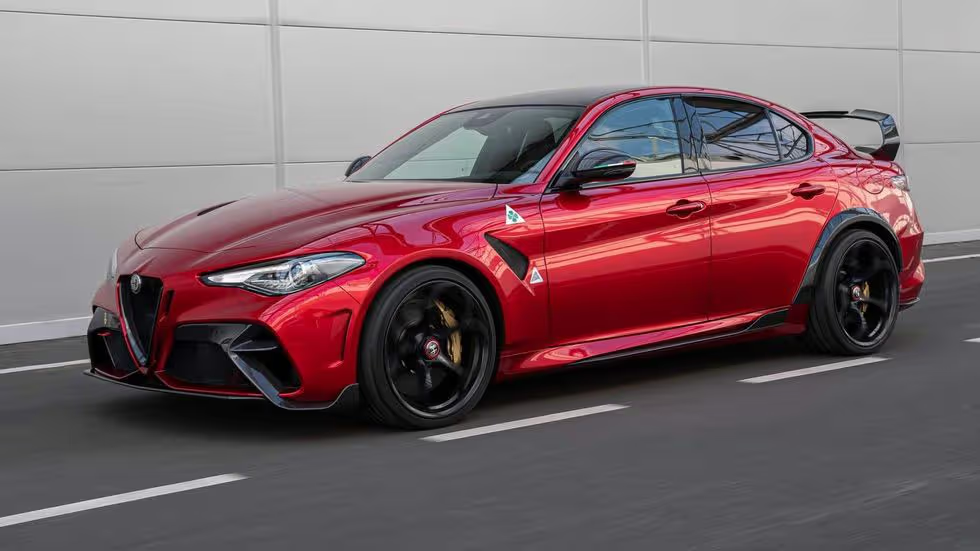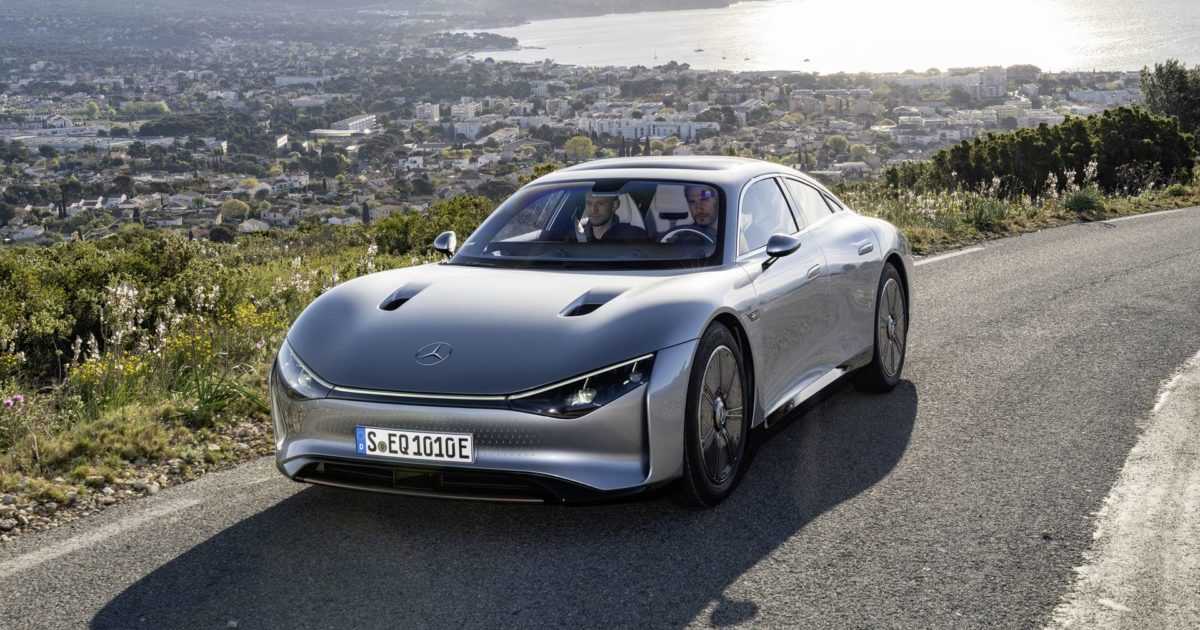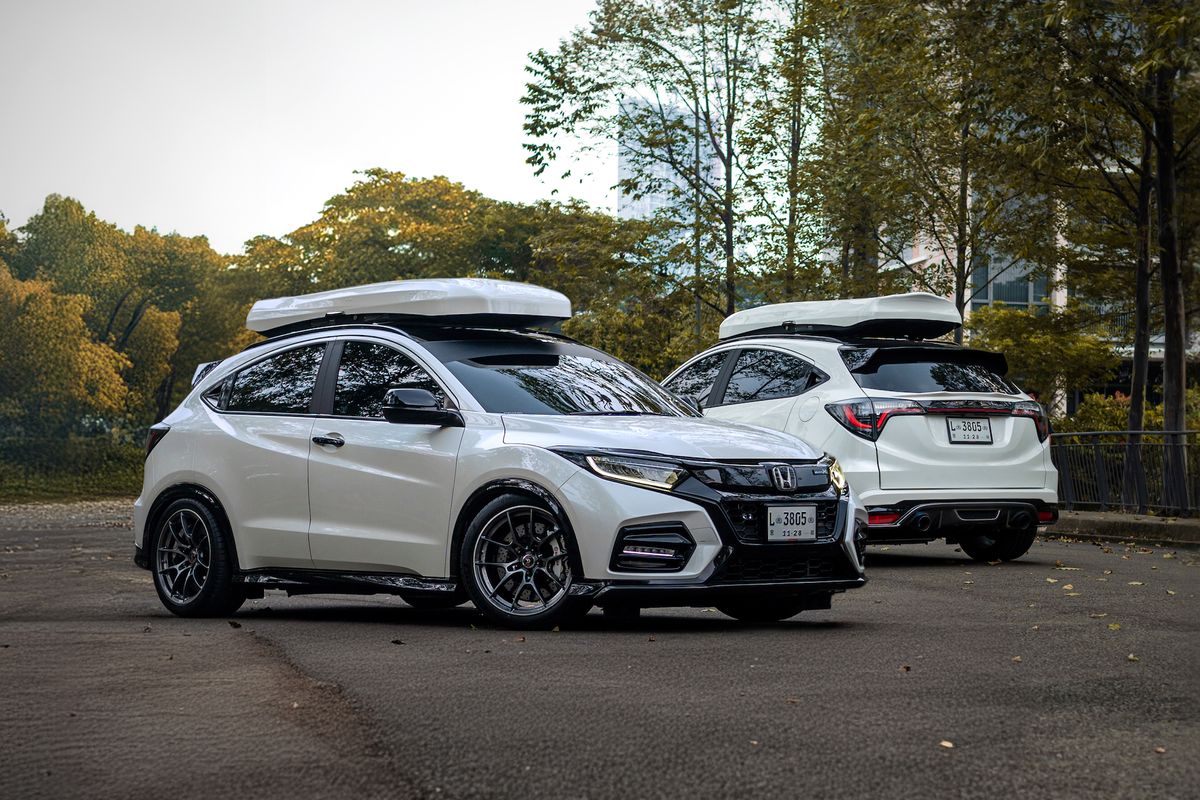The automotive industry is undergoing a significant transformation as the shift toward sustainable mobility accelerates. In this evolving landscape, BMW Group has emerged as a key player in the electric vehicle (EV) revolution. The company recently celebrated a major achievement, reaching the milestone of one million fully-electric vehicles (BEVs) produced. This accomplishment highlights BMW’s commitment to shaping the future of mobility, reinforcing its position as a leader in the electric vehicle market.
The Road to One Million Fully-Electric Vehicles
BMW Group’s journey toward one million BEVs began over a decade ago when the company made the strategic decision to invest heavily in electric mobility. In 2013, BMW launched the i3, its first fully-electric production vehicle. The i3 was a revolutionary car at the time, combining sustainable production methods with advanced electric technology. It was not just a car but a statement of BMW’s vision for a greener and more sustainable future.
In 2018, the company expanded its BEV lineup with the introduction of the i8, a plug-in hybrid sports car that further solidified BMW’s commitment to innovative mobility solutions. However, it was with the introduction of models like the BMW iX3, BMW i4, and BMW iX that BMW truly accelerated its transition to a fully-electric future. With these models, BMW expanded its BEV portfolio beyond niche vehicles to include luxury SUVs, sedans, and performance-oriented cars.
The introduction of the iX3, for instance, marked BMW’s entry into the competitive electric SUV market. The BMW i4, on the other hand, targeted the performance sedan segment, offering BMW’s signature driving dynamics with zero emissions. These efforts, combined with BMW’s commitment to offering a comprehensive charging infrastructure and a focus on improving battery technology, have allowed the company to achieve its remarkable milestone.
A Commitment to Sustainability and Innovation
Reaching the milestone of one million fully-electric vehicles is not just a reflection of BMW Group’s growth in the BEV segment; it is also a testament to the company’s commitment to sustainability and innovation. BMW Group’s strategy revolves around creating a more sustainable and efficient mobility ecosystem, and BEVs play a crucial role in this vision.
The company has made significant strides in reducing the carbon footprint of its vehicles. BMW’s electric vehicles are produced with renewable energy, and the company has also worked to ensure that its manufacturing processes are as environmentally friendly as possible. Additionally, BMW is investing in sustainable battery production, with plans to use recycled materials and renewable energy in its battery supply chain.
BMW’s dedication to innovation is evident not only in its vehicles but also in its approach to digitalization, connectivity, and autonomous driving. By integrating advanced technologies like artificial intelligence, 5G connectivity, and autonomous driving features, BMW ensures that its electric vehicles are not only sustainable but also at the cutting edge of modern mobility.
The Global Electric Vehicle Market and BMW’s Position
The electric vehicle market is expanding rapidly, with an increasing number of consumers choosing electric cars as their preferred mode of transportation. Governments around the world are implementing stricter emissions regulations, providing incentives for consumers to purchase electric vehicles and investing in EV infrastructure. This shift is expected to continue as more automakers embrace electric mobility, and BMW is well-positioned to capitalize on this trend.
With the achievement of one million fully-electric vehicles, BMW has solidified its position as one of the most successful automakers in the EV market. The company is also well on its way to meeting its goal of having over 2 million fully-electric vehicles on the road by 2025. To achieve this, BMW plans to expand its electric vehicle portfolio even further, introducing new models and enhancing its manufacturing capabilities.
Furthermore, BMW’s strategy includes a focus on sustainable mobility solutions that go beyond electric vehicles. The company is also exploring hydrogen fuel cell technology and expanding its offerings in shared mobility services, such as car-sharing and ride-hailing. These efforts align with the company’s vision of creating a future where transportation is both sustainable and efficient.
Looking Ahead: BMW’s BEV Future
As BMW celebrates its milestone of one million fully-electric vehicles, the company is already looking toward the future. With the ongoing development of new electric models, continued improvements in battery technology, and expansion into new markets, BMW is set to continue its growth in the BEV segment.
BMW Group’s future in electric mobility is centered around its flexible architecture that can accommodate both electric and traditional powertrains. This gives the company the flexibility to rapidly scale its electric vehicle production and respond to consumer demand in real-time. The company is also investing in its global production network, ensuring that it can produce electric vehicles at scale while maintaining high-quality standards.
In addition to expanding its electric vehicle offerings, BMW is committed to creating a seamless customer experience. This includes the development of digital services that enhance the driving experience, such as BMW’s “ConnectedDrive” platform, which allows drivers to access a range of services and features remotely.
Conclusion
BMW Group’s achievement of producing one million fully-electric vehicles is a significant milestone in the company’s ongoing journey toward sustainable mobility. As the global automotive industry embraces the transition to electric vehicles, BMW continues to demonstrate its leadership in innovation, sustainability, and performance. With an ever-expanding portfolio of electric vehicles and a commitment to reducing its environmental impact, BMW is well-positioned to continue driving the future of mobility. The one million mark is just the beginning, and BMW’s roadmap for the future is clear: a future where electric mobility takes center stage in creating a cleaner, more sustainable world.





Tinggalkan Balasan